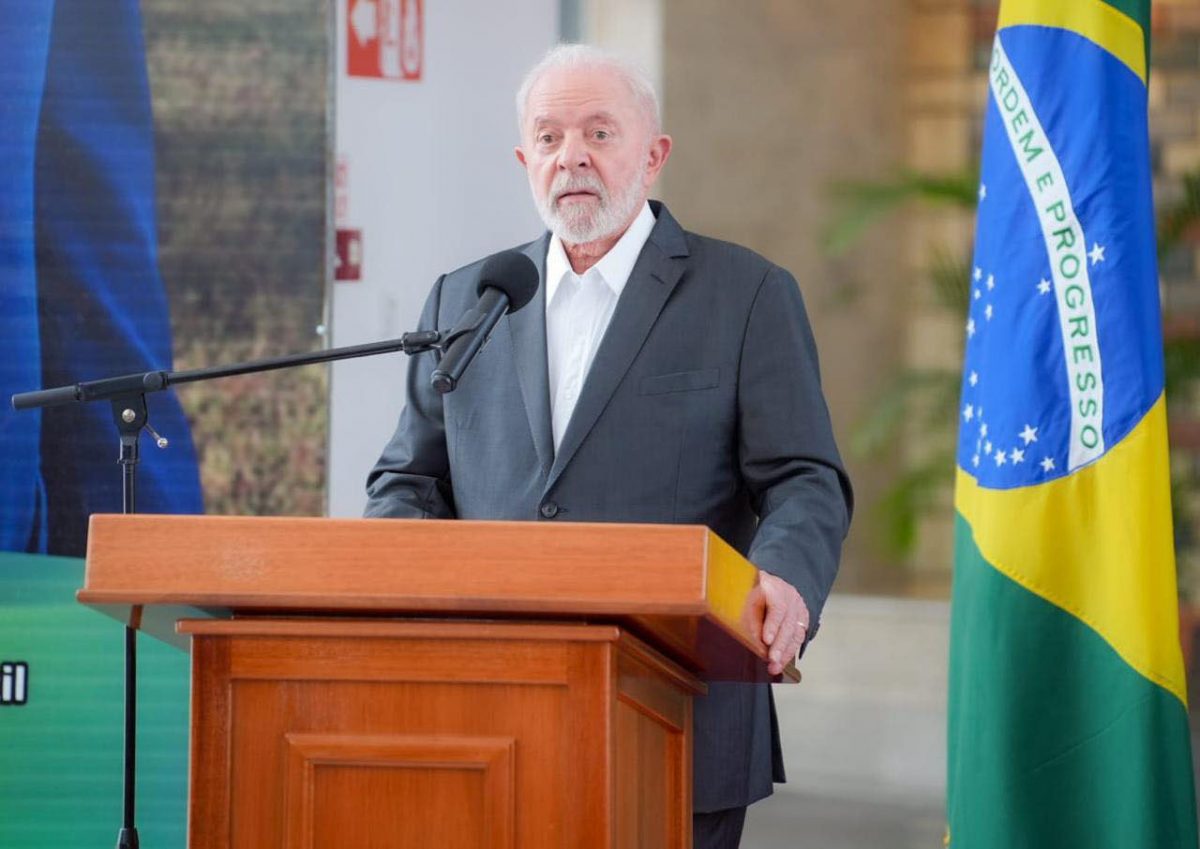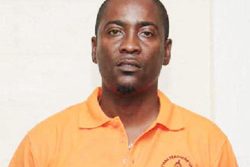During his visit here last week, Brazil’s President, Luiz Inácio Lula da Silva, underscored that his government works with unionised workers and that through collective bargaining some 80 per cent in that group were able to secure agreements higher than the current inflation.
“Eighty per cent of the organised working [class] had managed to get its collective bargaining agreements that are above inflation and we are restoring all the social inclusion policies that were successful in our first two terms,” Lula said during a joint press conference with President Irfaan Ali at the Arthur Chung Conference Centre (ACCC) in Liliendaal last Thursday, following bilaterals.
Lula’s comments came at a particularly awkward moment for Ali whose government was facing down a strike by teachers who have been pressing for constitutionally enshrined collective bargaining.
A former union leader himself, who won global praise for policies to reduce severe inequality in Brazil, Lula informed that the Jair Bolsanaro government had cut out social policies to help the working class and that since he [Lula] took office in 2022, he had been working fervently to replace them.
He said that currently Brazil “is also undergoing a very important moment” where his government had to re-implement “the public policies shut down by the previous administration.”
“Brazil had paralyzed its relationship with the rest of the world,” he said, noting that Guyana was not spared during what he believes was Bolsonaro’s “setback” to his country.
Lula said that these measures pick up from plans set in motion when he was in power in 2010 and had continued under his party – Partido dos Trabalhadores – until 2016 when his successor, President Dilma Rousseff was impeached.
“My visit here is to reclaim a policy that we will move forward advancing in 2010 but was paralyzed after that.”
Lula who was the Chief Guest at the Forty-Sixth Regular Meeting of the Heads of Government of the Caribbean Community (CARICOM), had arrived here last Wednesday and departed on Thursday for St Vincent and the Grenadines where the Community of Latin American and Caribbean (CELAC) states summit was being held.
According to Lula, the meeting here was of such importance to Brazil that he included in his delegation, his ministers of Planning and Budget; Transport; Integration and Regional Development; and Ports and Airports.
He said the pledge is for the integration of this continent and integration projects which will integrate Brazil beyond Guyana and other countries in South America with the objective to reach the Pacific Ocean.
“The Brazilian economy is back… more jobs were created, we are also making a lot of investments in science and tech, a lot in education from day care centres to university, and we are harvesting the fruits of a very promising policy.”
Turning to Ali, he told of the strides made in opening markets for local products of his country. “Just for folk to have an idea, President Ali, just in the month of February 14 new markets for Brazil products were opened on January 14, six already in February, and we have reached almost 70 markets in one year of my term. Our domestic market is growing.”
Lula noted that Brazil currently has an integration plan that includes Guyana “not only to help Guyana in terms of development but to work intensively so that we can keep South America as a peace zone in the planet earth.”
Guyana and Brazil have agreed to collaborate in a number of areas and key among them is sourcing funds for infrastructural projects that will link the two countries, Georgetown and Brasilia had announced at the ACCC.
“For Guyana and Brazil, there is an opportunity that is now, an opportunity that can highly integrate our economies and create enormous opportunities for the people of our two countries. We discussed not only the connectivity of infrastructure through roads, ports, air transport, but we discussed the connectivity of our people, the role of the private sector, the involvement of the private sector, and how we can get our private sectors, more integrated to look at the opportunities that exist in both Guyana and Brazil, and look at ways in which we can bring them together, in making use of those opportunities,” President Irfaan Ali had stated.
“In this regard, we have committed to putting together a government and private sector grouping that would go to Brazil in the second quarter of this year to showcase and to interact with the Brazilian government and private sector on ways in which we can collaborate to maximise the benefits that are available in Guyana and Brazil,” he added.






